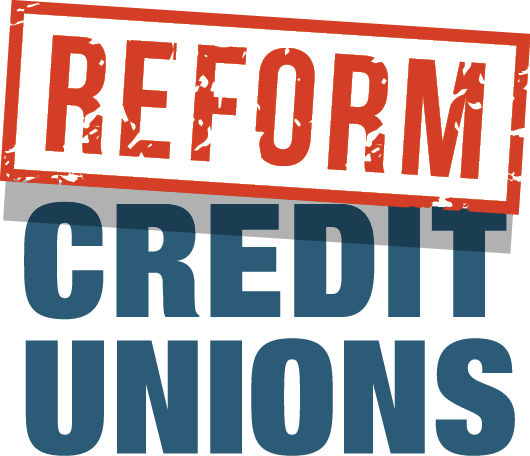American taxpayers have once again completed their civic duty of meeting the IRS filing deadline, but for a $2.17 trillion portion of our economy – the industry comprising America’s 4,760 credit unions – April 18 was just another Tuesday.
That’s right – the $2 trillion credit union industry pays zero federal taxes.
Since it has been nearly ninety years since Congress passed the Federal Credit Union Act in 1934, historical context might prove useful. At that time, America was in the depths of the Great Depression and there was an acute need for consumer financial services in distressed communities. Credit unions had a legitimate role to play in serving clearly defined communities in underserved areas, and thus were granted a federal tax exemption to help fulfill that specific purpose.
Fast-forward to the twenty-first century, and the picture looks quite different. Credit unions serving people of modest means in the 1930s would not recognize today’s credit unions, which have drifted far from their original mission and are practically indistinguishable from banks.
In recent years, the characteristics that have traditionally distinguished credit unions from their tax-paying peers – limited membership, focus on consumer lending, cooperative structure – have eroded. Many modern credit unions will tell you that “anyone can join,” and you don’t have to look far for examples of credit unions aggressively pursuing new affluent markets, and even buying community banks.
Earlier this year, the University of Louisville announced it reached a deal with the $1.9 billion L&N Federal Credit for the naming rights to its football stadium. The price tag? More than $40 million. And that’s on top of the $2 million L&N forked over in 2019 to plaster its name on the University’s volleyball arena. These multi-million dollar marketing expenditures are designed to generate growth in affluent markets, not deepen service to existing members or improve financial services in underserved areas.
Following the close of its $94.4 million purchase of First Citrus Bank of Tampa, Florida, Ryan Goldberg, President and CEO of Dearborn, Michigan-based DFCU Financial Credit Union, identified geography and business lines as the two most important considerations for credit unions contemplating bank acquisitions. Notably, he did not mention identifying underserved consumers or groups with common bonds.
Purchasing a bank enables credit unions to easily enter new markets – and entirely different regions in the case of DFCU – and obtain in-house commercial lending expertise, two well-worn growth strategies in the credit union industry.
And this is all happening with the apparent blessing of its primary regulator, the National Credit Union Administration (NCUA).
This year, the NCUA – an independent regulatory agency that oversees federally insured credit unions – is considering a proposed rule on chartering and field of membership that would further relax membership restrictions. Since 2015, the NCUA has advanced 5 proposals facilitating credit union expansion. And the results are clear: membership rolls have exploded from 102.7 million to 135.3 million and assets have ballooned from $1.2 trillion to $2.17 trillion, an 80% increase.
Growth is not inherently bad, but the credit union industry’s trajectory represents a departure from the common bonds that tie credit union members together. If they’ve abandoned their mission, the tax exemption that was designed to help them fulfill it should be revisited.
As the NCUA itself has acknowledged, “credit unions are becoming larger and more complex.” Credit unions have coasted for far too long on an unwarranted advantage as they’ve outgrown their original purpose in pursuit of taxpayer-subsidized profits. It’s time for the free ride to end.
The credit unions of decades ago are no longer the norm, and that change should spur Congress to ask whether it’s time to reconsider their preferential tax treatment. There’s no time like Tax Day to start.
